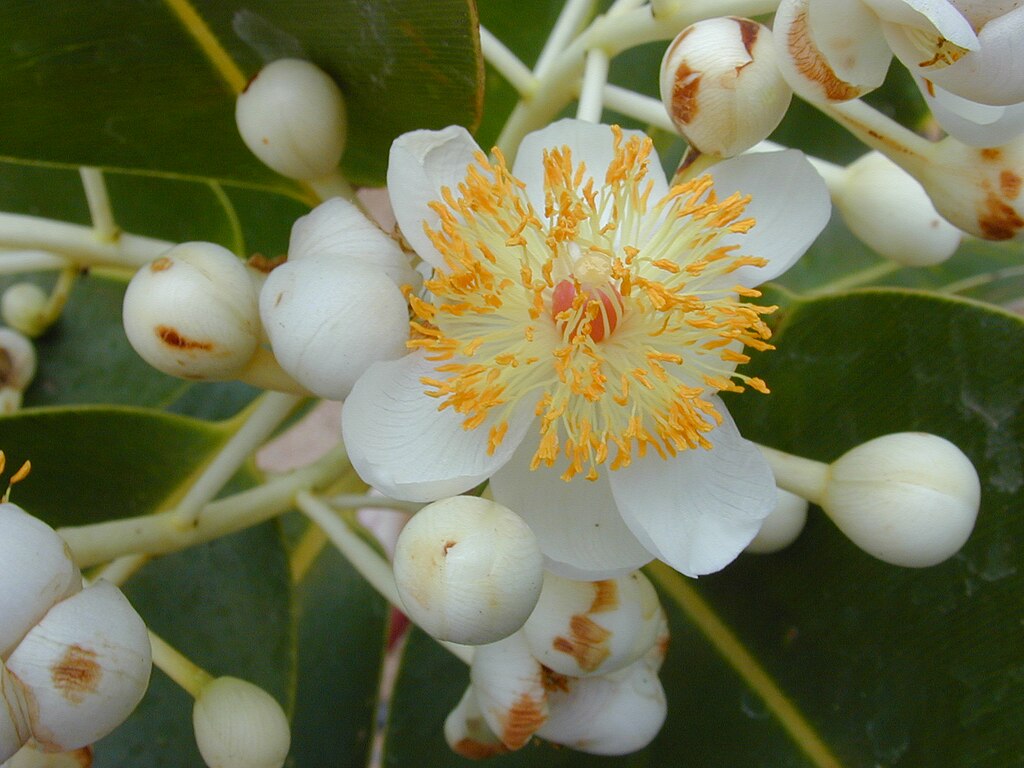Expert Reaction
These comments have been collated by the Science Media Centre to provide a variety of expert perspectives on this issue. Feel free to use these quotes in your stories. Views expressed are the personal opinions of the experts named. They do not represent the views of the SMC or any other organisation unless specifically stated.
Professor Riz Firestone, Professor in Public and Pacific Health at Massey University and lead author of this study, comments:
Traditional Samoan healers or Taulasea, play a sacred, community-centred role rooted in spiritual duty rather than commerce.
"Semi-structured interviews with 14 practitioners in Samoa and New Zealand highlighted rigorous childhood apprenticeships, specialist treatments and strict patient compliance.
"Healers diagnose holistically, combining prayer, plant-based medicines, massage and dietary advice, and they act as gatekeepers, referring severe cases to westernised medical care.
"Present-day lifestyle habits that are modernised, reliant on processed foods and sedentary lifestyles contribute to surging diet-related conditions like type 2 diabetes and malnutrition. Taulaseas advocate a return to simple traditional diets. A return to strengthening collaboration between Indigenous and Western health systems is needed.



 New Zealand; Pacific
New Zealand; Pacific


